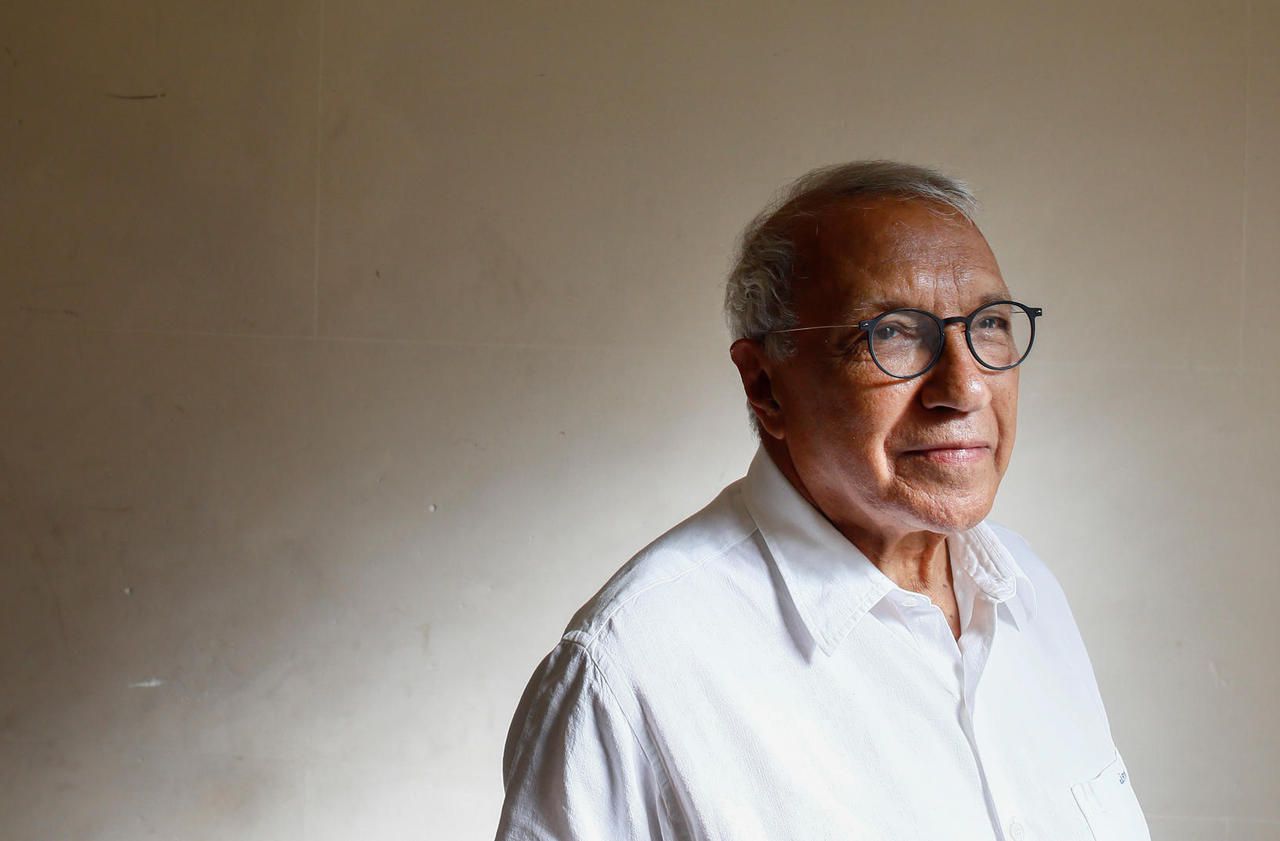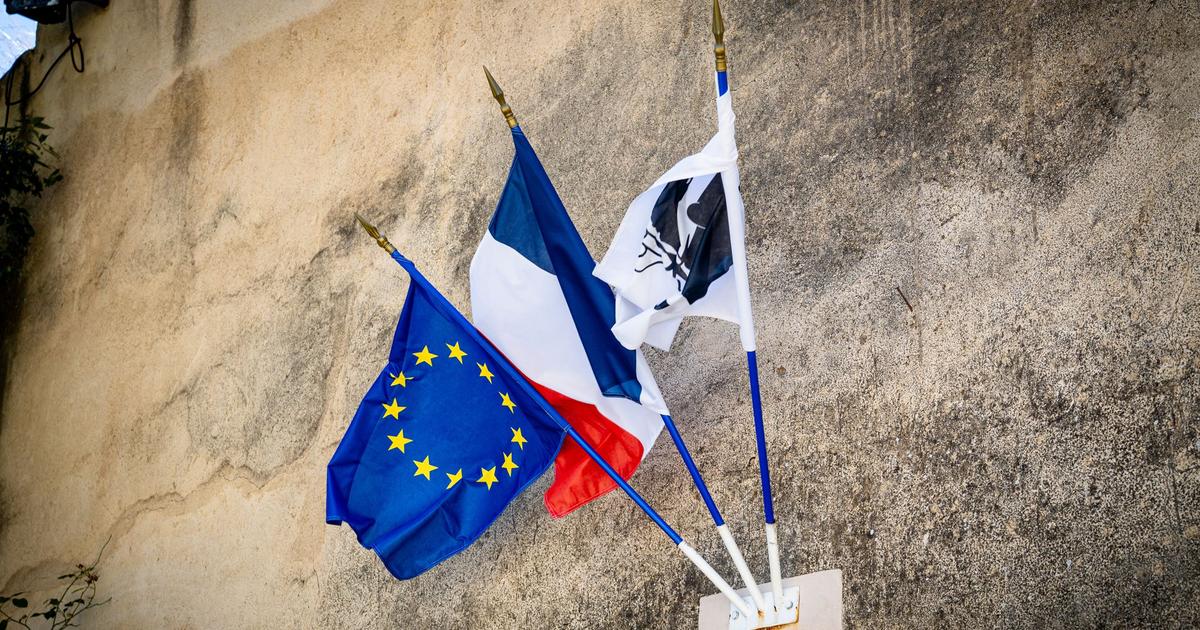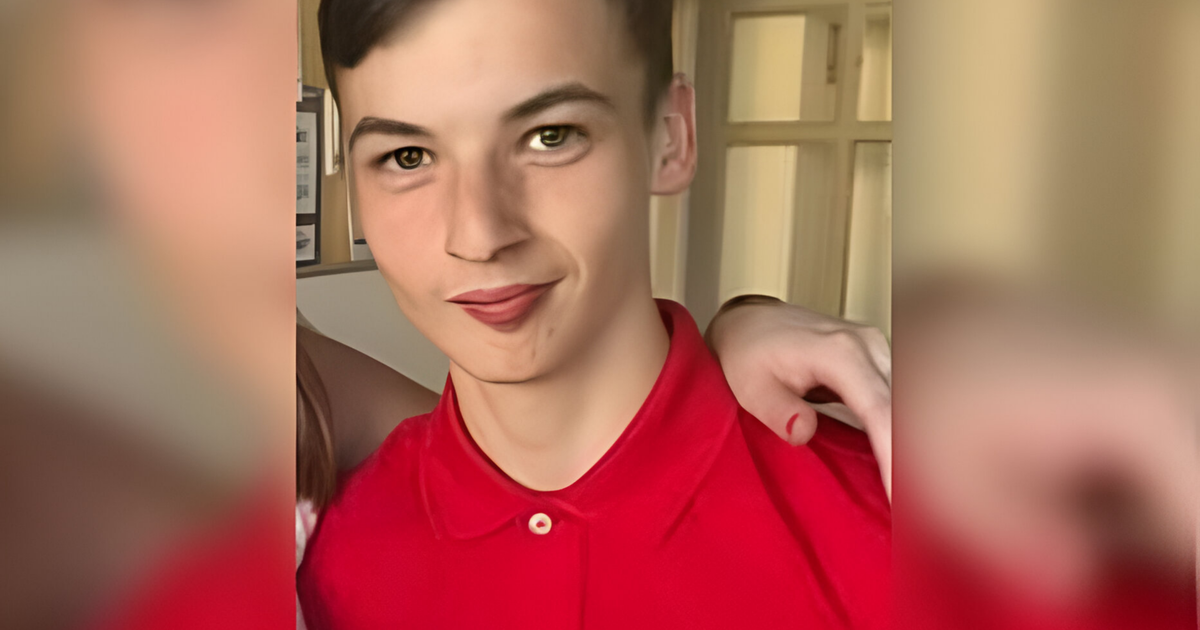As a child, he climbed trees like others climb ladders that lead to attics full of secrets.
Up there, for hours on end, at the top of a Picardy oak or a Corsican pine, little Jean-Pierre invented extraordinary stories and "parallel characters".
He did not yet know that his story was written at the foot of another tree.
Genealogical that one.
This tangle of roots was to offer him the most beautiful of adventures and stories.
Extraordinary but true.
Hers.
At the age of 80, he decided to tell it in “Papiers identités”.
“It took me abruptly, even though I had been writing this book in my head for twenty years.
It had to ripen.
" But there.
You can be a lawyer for fifty-five years, one of the deans of the Paris bar, write conclusions all day long and be terrified at the idea of writing more than twenty pages.
He finally blackened 300. "In ten weekends," he says with a touch of pride.
Three hundred pages like a digest of the history of France.
Three hundred pages like a tree with its West Indian, African, Corsican and Parisian branches.
It is the Jean-Pierre Versini-Campinchi tree.
Rare essence.
Bushy.
Versini-Campinchi: a name that smacks of the maquis, but a physique à la Henri Salvador and a banter of a kid from the suburbs.
All this while being born in the middle of beets and "the feet in the trenches of the Great War", likes to recall the person concerned.
The story of a Gaul.
A term he claims.
A scattered family "puzzle style"
Robert Attuly, the grandfather of Jean-Pierre Versini, adviser to the Cour de cassation and Marcelle, the mother of the lawyer. / LP / Olivier Corsan
Shaken, pruned, the Versini-Campinchi tree could have grown askew.
His family is not blended, as we say today.
It is rather scattered "like a puzzle", would have written Michel Audiard.
Antilleans rooted in Picardy, a Corsican father uprooted in Argentina, siblings at the end of the world, we end up wondering if the family tree has a trunk.
He was 16 when he lost his mother.
Almost at the same time, his father was imprisoned in Fresnes (Val-de-Marne).
A case of counterfeit money like "the Cave rebels" which would have inspired the same Audiard, but a very real prison sentence.
We do not joke with the "false talbins" at the time.
Newsletter - Most of the news
Every morning, the news seen by Le Parisien
I'm registering
Your email address is collected by Le Parisien to enable you to receive our news and commercial offers.
Learn more
The son never forgot the smell of prison.
When he set foot there again years later to visit a client, she caught him by the throat as soon as he walked through the door.
When he was 16, he arrived at the parlor with his arms full of the complete works of Saint-Simon.
A request from this dad like no other who couldn't be an inmate like the others.
"He had been a lawyer and he was still the nephew of a former Minister of Justice
(Editor's note: César Campinchi)
", sneers his son today, who portrays him as "an intermittent in the show, polyamorous".
A childhood surrounded by women
A dotted father who gave him "six ready-made half-sisters".
“At the time, we did not gather people around a table to make long speeches.
Me, six times I saw a door open and a girl come into the room and I was told:
Kiss your sister.
But he assures her: "Children resist everything when there is love and affection.
And I haven't missed any.
Jean-Pierre Versini also recognizes that he grew up in an “intellectual” environment.
He speaks of it as a privilege.
Between two South American or French adventures, his father read.
In fact, his father read all the time.
He even died while reading, at the age of 86… driving his 4L.
Read or drive ...
Ambleny (Aisne).
Sixty years after being born there, Jean-Pierre Versini bought the house of his childhood./DR
So much for the father figure.
From his earliest childhood, Jean-Pierre Versini-Campinchi has mostly lived surrounded by women.
Aunts who became surrogate mothers.
His, the real one, Marcelle, he lost sight of after the 1940 exodus. He had to leave the invaded Aisne and go south.
Very south.
Baby Jean-Pierre's “retirement” ended in Senegal, with his maternal grandfather, West Indian and Attorney General in the colonies.
Her mother wants to take her to Argentina to find her vagrant father.
She will go alone.
The war ended, he returned to the Aisne.
It is there that one morning will appear a Corsican grandmother come to seek him.
Night train, boat, seasickness, coach, winding roads, nausea, new scenery, new branch of the family tree.
Jean-Pierre discovers his roots from another island known as “Beauty”.
This is where its name comes from.
From Calcatoggio.
From a village perched above the Gulf of Sagone.
There too, there are trees to climb and stories to tell while waiting for the return of his mother.
"I wonder if I didn't write this book just to be able to publish my mother"
He will find her again in 1947 as in a film.
A movie star comeback.
She had flown over the oceans in a Super Constellation propeller plane to return to France, Paris, then the Aisne.
He will spend "eight years, four months and twenty-two days" without ever leaving her again.
She will become his teacher in the big house of Ambleny (Aisne).
This West Indian haven in the heart of Picardy will become his school until the day before the bac.
Marcelle, beautiful, and poet, taught her about the Gallic wars.
By bicycle in the Picardy plains.
In the evening, she wrote.
In his room, he watched for the creaking of the stairs to make sure she was going to go back to her room and sleep.
She left him poems which he publishes at the end of his book.
"I wonder if I did not write this book just to be able to publish my mother," he says.
Jean-Pierre Versini-Campinchi (here in 2001) became a lawyer in 1965./AFP/Jack Guez
Marcelle, beautiful and rebellious.
Rebel.
A trait of character in the Versini-Campinchi.
With Jean-Pierre, manifestations of rebellion can sometimes seem childish.
Like when he starts smoking again when the French government decides to ban him in public places.
The art of the opposite, already, in May 1968. The Latin Quarter is ablaze and the young lawyer that he is is in full expertise in… Saint-Tropez.
At the time, he traded his 2 CV for an improbable black and white Chevrolet station wagon, hearse style.
Enough to accommodate his already large family.
Three girls when he was not yet 30 years old.
And a divorce.
"Let's see each other before we marry the escogriffe"
The rebel Versini does not stay alone for long.
Fifteen days.
Invited to a wedding, he meets Julie's gaze.
Also invited, she is promised to another who has just asked for her hand.
No SMS at the dawn of the 1970s. The day after the wedding, he sent a telegram and flowers: “Let's see each other before we marry the escogriffe.
Three days later, she moved in with him.
They never left each other again.
She gave him two more children, a daughter and a son.
“She's a woman who fell from the truck,” sneers Jean-Pierre, proud of his boorishness.
A bravado that badly hides great modesty.
Like his mother, Jean-Pierre Versini runs away from sentimentality.
“Besides, I can't write about living things.
I don't feel free to do it.
That's good, Julie didn't want him to talk about her in his book.
She read it anyway before it was published.
His reaction ?
"Mutique," says Jean-Pierre with a burst of laughter.
“She just said to me:
It's good.
Not annoying, Julie.
Moreover, at the time of their meeting, "she immediately pleased all my friends," he recalls.
Probably also because she presided over the sacrosanct ceremony of the weekly poker game.
For fifty years, every Friday evening, the plush living room of the Versini's Parisian apartment has turned into a gambling den.
Cigars, cigarettes, in the billows of smoke, we play, we insult each other, we get angry for fake, we reconcile for real, we talk about rugby, women.
The games are endless.
It gives an excuse not to get up the next morning.
Get up, get out of bed.
A test for the one who must be threatened to see him set foot on the ground before 9 am.
Morning appointments are made at home.
Bow tie and hat never leave it
/ AFP / Jacques Demarthon
The bow tie and the headgear are for the afternoon.
Two accessories that never leave him: “Hats, I started to wear them when I was 20 years old to make marlou.
Afterwards, I couldn't see myself without it.
"For the" bow tie ", it was a client who came to his office in the 1960s who transmitted the virus to him:" At the time, I found that original.
The tie knot is so unnatural.
And then putting on a tie means putting on a jacket and I don't always want to put on one.
He does what he wants, Jean-Pierre Versini.
And he says what he thinks.
This book, he also wrote it for his West Indian ancestors.
He devotes a chapter to "his black question".
He wrote it long before the current debate on identity, separatism.
Who could make his way through this hedge of thorns, if not him.
In the Aisne, Gauls painted in honey and coffee
Because he has multiple origins, he always wants to know where his interlocutor comes from.
"However, today, if you ask this question to a West Indian, he will tell you that he is from Romainville or Argenteuil", he laments.
And goes further: “The West Indians have become Blacks, therefore Africans, and they suffer from not being distinguished.
They feel rejected on both sides.
For my part, I affirm that one can be Gallic and West Indian, Gallic and Corsican, this does not mean denying one's origins or one's identity.
"
When its West Indian branch was grafted into a Picard village in the evening of the 19th century, they were undoubtedly the first blacks that the inhabitants approached.
“I don't think they suffered from racism.
They were exotic, Gauls painted in honey and coffee.
Period.
Today, the cemetery of the small village of Ambleny is perhaps the one which, in proportion, shelters the most Antilleans in metropolitan France.
And Jean-Pierre Versini bought his birthplace there twenty years ago to sleep there every weekend.
He finds an incomparable sleep there, he says.
There, under the roof that saw him be born eighty years ago.
The garden has hardly changed.
He is no longer old enough to climb trees.
He does not care.
He is close to his roots.
“Identity papers”, Ed. Du Cerf, 304 p., 22 euros
Bio express
November 12, 1939:
Jean-Pierre Versini-Campinchi is born in Ambleny (Aisne).
According to him he was in fact born the day before, November 11 at 11 pm, but his "uncle" found that the date was a little too solemn.
April 24, 1956:
his mother Marcelle died of a heart attack at the age of 44 in the house of Ambleny.
The previous year, her father was imprisoned in Fresnes prison in a case of counterfeit money.
1965:
He becomes a lawyer in Paris.
December 1999.
He buys his birthplace in Ambleny, 45 years after having left it.















